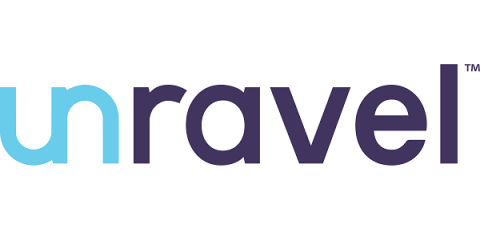Systems | Development | Analytics | API | Testing
Latest Blogs
Before You Embed Analytics: An Essentials Checklist
Moving to Oracle ERP Cloud? Consider these 5 things
Whether your goal is to leverage the newest technology or to stay up to date with your Oracle ERP, migrating to the cloud is a complex, but worthwhile undertaking. It requires time to install, train, and embed new processes, but the effort is rewarded by the ability to leverage more agile workflows and increase ROI. Although many companies run their own on-premise servers to maintain IT infrastructure, 48% of organizations already store data on the public cloud.
What Are the Benefits of Snowflake for Your Organization?
Travel Light on Your Cloud Migration to Business Central with Jet
As the need for greater interactivity and data access increases, more and more companies are making the move to adopt cloud computing. Microsoft is investing in and pushing customers towards its cloud ERP offering, Dynamics 365 Business Central (BC), which is experiencing a staggering 200% annual growth rate. But the significant hurdles posed by cloud migration can make it a daunting task to consider.
Why Legacy Observability Tools Don't Work for Modern Data Stacks
Whether they know it or not, every company has become a data company. Data is no longer just a transactional byproduct, but a transformative enabler of business decision-making. In just a few years, modern data analytics has gone from being a science project to becoming the backbone of business operations to generate insights, fuel innovation, improve customer satisfaction, and drive revenue growth. But none of that can happen if data applications and pipelines aren’t running well.
Why is Ecommerce Integration Important for Stores?
A Complete Guide To Managing User Permissions In Laravel Apps
You are authorized to access this article! Learn how to secure your Laravel application with simple roles and permissions.
How to Handle the Syntax Error in Javascript
The Javascript SyntaxError occurs when trying to interpret code that is not syntactically valid. It is thrown when the Javascript engine comes across tokens or token order that does not conform to Javascript syntax when parsing code.
What's new on Google I/O 2022 for developers: Key announcements
Sundar Pichai starts the Keynote by emphasizing Google’s mission to organize the world’s information and make it universally accessible and useful. New software features were announced, ranging from updates to Google Translate and Maps, and automated summarisation in Google Docs and Meet, all the way to the amazing Multisearch feature, to focusing more on inclusivity and equality with Google’s software, to emphasis on the security, and to multi-device experiences.











